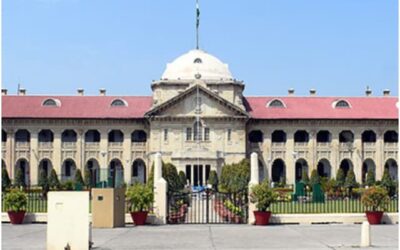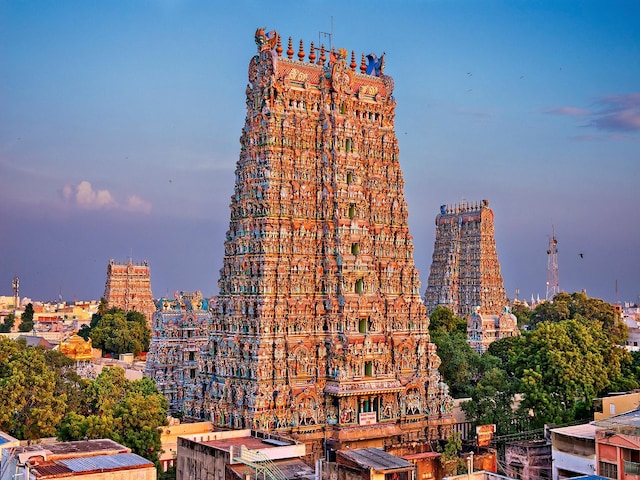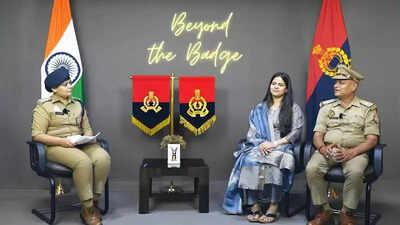The real hero in medicine: Saving lives before they are at risk | Lucknow News

LUCKNOW: When we imagine a hero in medicine, the picture is almost cinematic: a surgeon in scrubs, performing a high-stakes heart or brain surgery. The room is tense, and the scene is rich with drama and purpose. But if we step back and look closely, a quiet paradox unfolds, one that challenges our understanding of what true medical heroism should be. Consider this: A patient with blocked coronary arteries undergoes a life-saving bypass. The surgery lasts hours. The recovery takes weeks. The cost? Upwards of Rs 50 lakh. And yet, as remarkable as the surgery is, it does nothing to address the root cause of the disease. The inflammation, poor diet, stress, and metabolic dysfunction that led to it remain untouched.Now, imagine a modest office down the hospital corridor where sits a nutritionist or preventive care doctor, rarely celebrated and often overlooked. But if they were engaged earlier, that surgery might have been avoided entirely. That’s the paradox: we reward rescue but ignore prevention. We glorify crisis, but not caution.Prevention: Invisible, But PowerfulIndia is home to over 77 million people with diabetes. Nearly one in four deaths is caused by cardiovascular disease. A majority of these cases are preventable through early screening, lifestyle changes, nutritional counselling, and community health efforts.But prevention is invisible when it works. There’s no emergency room drama, no last-minute miracle. Just a life that quietly continues, unchanged by tragedy. And that, unfortunately, makes for poor television but excellent medicine.Why the system doesn’t reward preventionIt comes down to incentives. Our healthcare systems, public and private, are built around procedures, not prevention. There are billing codes for bypass surgeries and stents. Few, if any, exist for reversing disease through diet and exercise. Medical training reinforces this hierarchy. Nutritionists are viewed as peripheral. Functional medicine doctors are often dismissed as fringe.Meanwhile, invasive procedures are celebrated as cutting-edge, even when they are responses to conditions that could have been avoided. This is not a failure of skill, but a failure of structure.India at a crossroadsIndia stands at a tipping point. As incomes rise, so do processed food consumption, sedentary behaviour, and chronic stress. We are watching the emergence of a metabolic epidemic. If we do not shift our strategy soon, we risk a healthcare crisis not of infection, but of chronic disease.But India also has a chance to lead — not by copying the West, but by integrating its rich legacy of preventive health with cutting-edge translational science. This is our moment to redefine medical progress.So, who is the real hero?It’s not just the one in the operating room; it’s the dietitian who teaches patients to eat for longevity, the community health worker helping a village reduce hypertension, and the primary care doctor who catches metabolic syndrome early. The public health official pushing for school wellness programs is also an unsung hero. Because while surgery may save one life, prevention can save millions.What India must doTo move toward a prevention-first healthcare model, we must rebuild incentives to reward outcomes, not just procedures. Public insurance schemes like Ayushman Bharat must integrate preventive services into reimbursement structures. Elevate nutrition and lifestyle medicine as core disciplines, not add-ons, in medical education and hospital systems. Invest in public health infrastructure that makes early intervention accessible from urban slums to rural villages.Individuals must ask their doctor not just for prescriptions, but for prevention plans. Demand that your workplace or school includes wellness, movement, and nutritional education. Support policies that treat food and physical activity as frontline medicine.Time to rewrite the storyWe must shift from a system that reacts at the brink of death to one that prevents illness at its roots. That means valuing public health as much as private hospitals, funding wellness programs like we fund ICUs, and most importantly, redefining what it means to be a hero in healthcare. Because the greatest act of medical courage isn’t pulling someone back from the edge. It’s making sure they never get there in the first place.(The writer is a US-based medical scientist)





